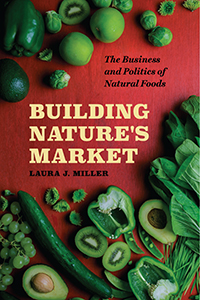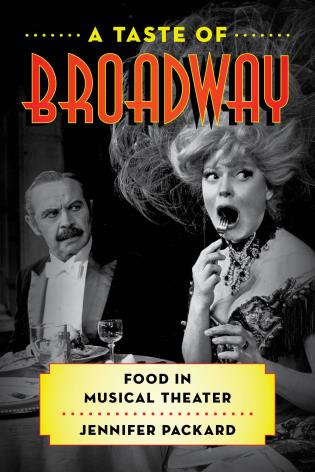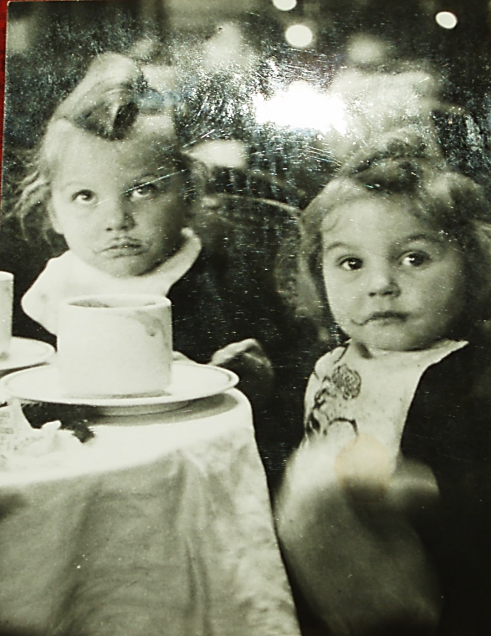Announcing the Spring 2019 Pépin Lecture Series in Food Studies & Gastronomy
Programs in the Pépin Lecture Series in Food Studies & Gastronomy are free and open to the public, but registration is requested. All lectures begin at 6 PM and will be held in room 313 of BU’s College of Arts and Science Building, 725 Commonwealth Avenue, Boston, MA.

Building Nature’s Market: The Business and Politics of Natural Foods
Laura Miller, Associate Professor of Sociology, Brandeis University
Wednesday, March 6 at 6 PM, CAS 313
Building Nature’s Market shows how the meaning of natural foods was transformed as they changed from a culturally marginal, religiously inspired set of ideas and practices valorizing asceticism to a bohemian lifestyle to a mainstream consumer choice. Laura J. Miller argues that the key to understanding this transformation is to recognize the leadership of the natural foods industry. Rather than a simple tale of cooptation by market forces, Miller contends the participation of business interests encouraged the natural foods movement to be guided by a radical skepticism of established cultural authority. She challenges assumptions that private enterprise is always aligned with social elites, instead arguing that profit-minded entities can make common cause with and even lead citizens in advocating for broad-based social and cultural change.

The Physics of Food and Cooking
Professors Karl Ludwig and Rama Bansil, Boston University Physics Department
Tuesday, March 19, 2019, CAS 313
Professors Ludwig and Bansil teach The Physics of Food and Cooking at Boston University. The course explores physical science concepts of thermal / soft matter physics and molecular biophysics such as phase transitions and gelation, viscosity, elasticity illustrated via cooking. Class activities and labs demonstrate molecular gastronomy methods of sous-vide cooking, pressure cooking, making desserts, cheese, emulsions, foams, gels, and ice creams.

A Taste of Broadway: Food in Musical Theater
Jennifer Packard, MLA in Gastronomy, author of A Taste of Broadway: Food in Musical Theater
Thursday, April 4, 2019, CAS 313
Beyond being just fuel for the body, food carries symbolic importance used to define individuals, situations, and places, making it an ideal communication tool. In musical theater, food can be used as a shortcut to tell the audience more about a setting, character, or situation. Because everyone relates to eating, food can also be used to evoke empathy, amusement, or shock from the audience. In some cases, food is central to show’s plot. This book looks at popular musical theater shows to examine which foods are used, how they are used, why they are important, and how the food or usage relates to the broader world. Included are recipes for many of the foods that are significant in the shows discussed.

Feeding Europe under British Rationing: Relief Efforts for the Continent after the Second World War
Kelly Spring, Food Historian and Visiting Professor, University of Southern Maine
Thursday, April 18, CAS 313
This research examines the complexities of Britain’s post-war position through the lens of its food relief to Europe. Specifically, it investigates the relief efforts of the Council of British Societies for Relief Abroad, which worked with the British government, the UNRRA and voluntary societies to feed the women and children of Europe, particularly those living in Germany and Austria. It demonstrates that relief initiatives shifted overtime in the contexts of domestic considerations, British foreign policies and international relations. This research offers an important, new perspective on Britain’s shifting transatlantic relations and tensions with the United States and Europe in the early days of the Cold War.